Scholarships
We believe that with better understanding and decision-making, the world will be a better place. That’s why 1000minds offers two $2000 USD scholarships each year to post-graduate students worldwide.
1. Decision-making scholarship
The 1000minds decision-making scholarship is awarded for a research project by a post-graduate student about or involving the use of multi-criteria decision-making (MCDM) / multi-criteria decision analysis (MCDA).
Requirements
Applicants should email team@1000minds.com with the name of which scholarship they are applying for in the subject line. Please attach the following to your email:
- A research proposal (2000 words maximum)
- Resume / CV
- Academic transcript
Award
$2000 USD
Deadline
1 December
2. Conjoint analysis scholarship
The 1000minds conjoint analysis scholarship is awarded for a research project by a post-graduate student about or involving the use of conjoint analysis, choice modeling or a discrete choice experiment (DCE).
Requirements
Applicants should email team@1000minds.com with the name of which scholarship they are applying for in the subject line. Please attach the following to your email:
- A research proposal (2000 words maximum)
- Resume / CV
- Academic transcript
Award
$2000 USD
Deadline
1 December
Eligibility
Applications are open to post-graduate students, e.g. Masters or PhD, enrolled at any university worldwide. Applicants must be the lead researcher on the research project (e.g. their thesis, dissertation, etc).
Value
Each scholarship winner will receive $2000 USD, without any restrictions on how the money is spent. The winner will receive free access to 1000minds software for their project, if they wish to use it.
Dates
Applications close on 1 December each year. The scholarship will be awarded by 25 December.
Selection criteria
- Overall merit (including significance and novelty of the application)
- Applicant’s academic record and relevant experience
- Quality of the research proposal
Selection process
Applicants will be short-listed by a panel of at least two 1000minds staff. Short-listed applicants may be asked to present their research proposal in a 20-minute Zoom call. The panel will make the final decision.
The panel is not obligated to make an award in any year if it determines there are no applications of sufficient merit.
Winners 2026
Congratulations to Noelia Pezzutti of University of Buenos Aires and INTA and Melissa Vercoe of University of Auckland. Very well done!
Noelia and Melissa are this year’s winners of the two 1000minds $2000 USD scholarships offered to post-grad students worldwide. Noelia and Melissa also received 1000minds academic licenses for their projects.
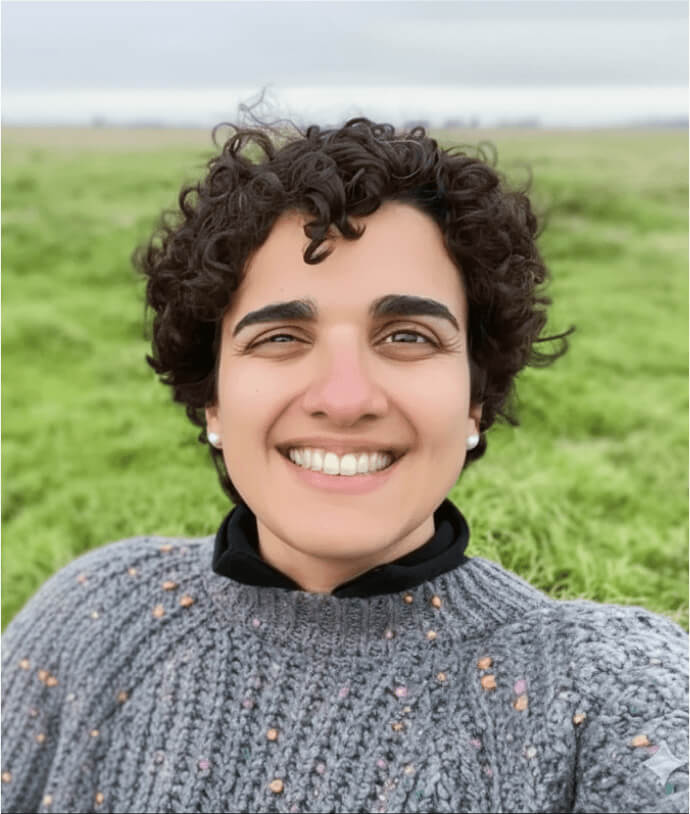
Noelia Pezzutti
University of Buenos Aires, Argentina
Noelia’s project explores the use of decision-support approaches to assist livestock producers in designing resilient, multispecies pastures for the Argentine Pampas. Using 1000minds, producers and advisors will identify and weight key criteria such as productivity, resilience, cost, soil health and biodiversity benefits. The analysis will be used to inform the ranking of pasture species and mixtures, supporting transparent and value-based decision-making around biodiversity-rich systems.

Melissa Vercoe
University of Auckland, New Zealand
Melissa is using 1000minds to quantify patient preferences and trade-offs for fertility treatment decisions in New Zealand. Using a discrete choice experiment, she will identify which attributes of intrauterine insemination (IUI) or in vitro fertilization (IVF) matter most to patients, including success rates, invasiveness and cost. The results will support more patient-centered care, informed clinical decisions and evidence-based funding policy.
Previous winners
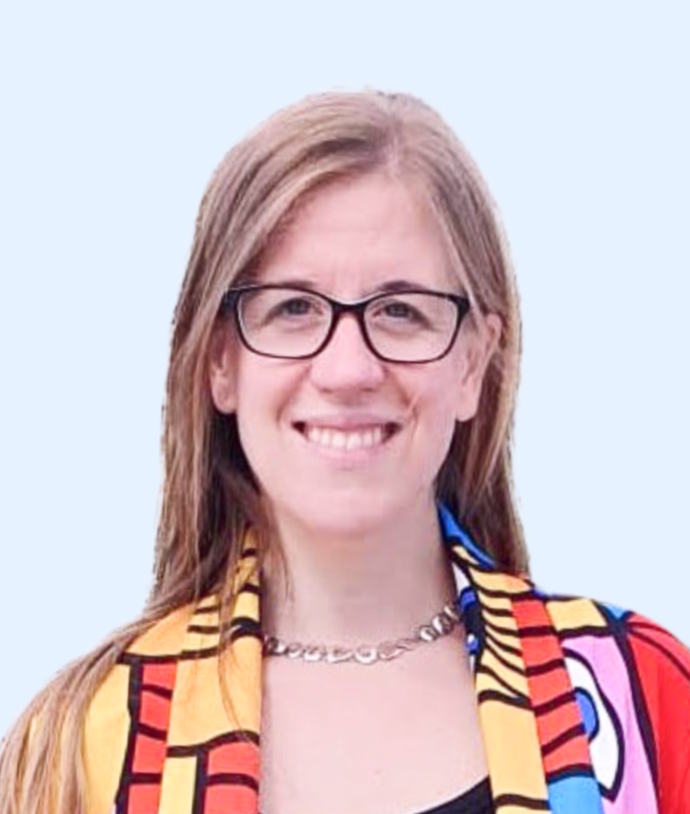
Marta Staff
University of Exeter, UK
Marta’s project is to use 1000minds to develop a prioritization tool for allocating donor human milk available through community provision to infants in need who cannot access their mother’s own milk. A broad range of stakeholders, including experts and members of the general public, will be consulted to determine the relative importance of the prioritization criteria.
2025
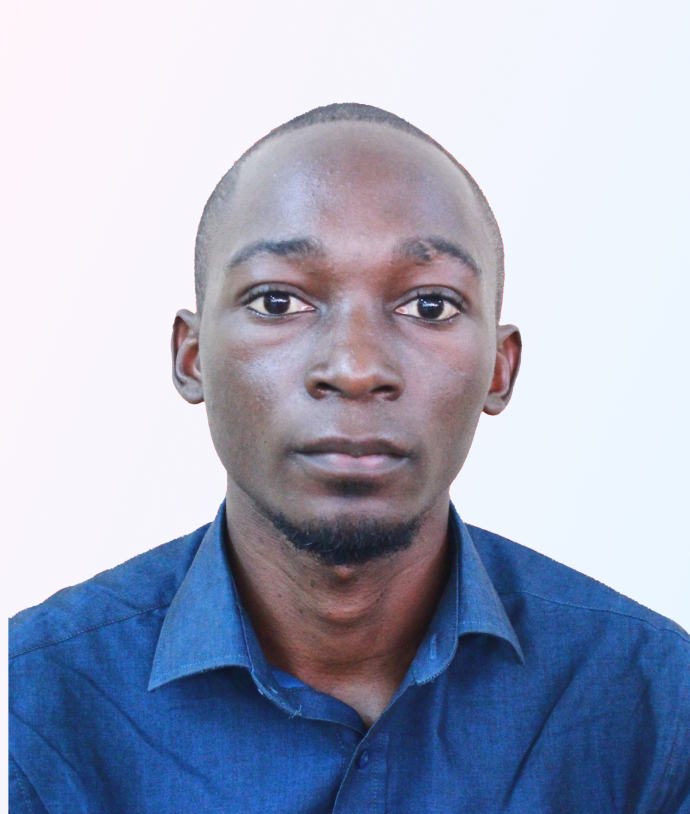
David Wagaba
Makerere University, Uganda
David is using 1000minds to create an antenatal web-based app for identifying and prioritizing pregnant women at risk of miscarriage. Five hundred obstetrics and gynecology experts will be involved. The app will be piloted in Uganda, Kenya, Tanzania, Rwanda and Congo, and then disseminated to the rest of Sub-Saharan Africa and translated in to multiple languages.
2025
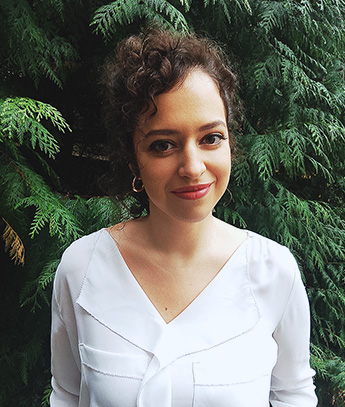
Natalija Momirović
Institute of Forestry, Serbia
Natalija is using 1000minds to develop a decision-making tool for assessing the risk of torrential floods with the aim of reducing the enormous damage and destruction, including loss of life, caused by torrential flooding. The project will be applied to Serbia’s Rasina River watershed upstream from the Ćelije reservoir.
2024
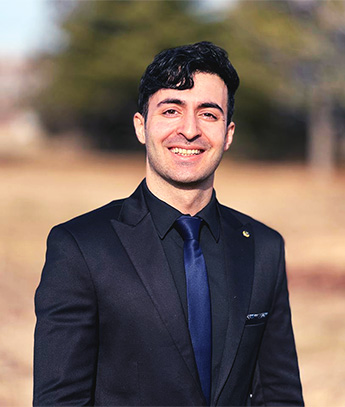
Jaber Ghorbani
University of Nebraska-Lincoln
Jaber’s project is to use 1000minds to rate antibiotic-resistant genes (ARGs) arising from antibiotics administered to animals according to their threat to human health. The many thousands of ARGs potentially present in water samples taken from two agricultural watersheds across Nebraska and Iowa will be assessed.
2024

Mostafa Ismail
Cairo University
Mostafa’s project is a techno-economic MCDA evaluation of alternative approaches to decarbonizing energy generation using hybrid technologies for large-scale industrial applications, e.g. including wind, solar and fossil fuels (to be phased out). A case study is performed of Egypt’s Abu Rudeis Oil District, which is rich in wind and solar resources and electricity is currently generated by 11 gas turbines.
2023

Andre Poyser
University of Otago
Andre’s project was gifted the te reo Māori name, He Tiro Whānui Ki Ngā Tikanga Mō Te Pūtea (An Overview of the Principles of Finance). Using a discrete choice experiment, the project seeks to uncover the most important Māori values driving investment and spending decisions informed by mātauranga and tikanga (Māori knowledge, beliefs, values and customs).
2023
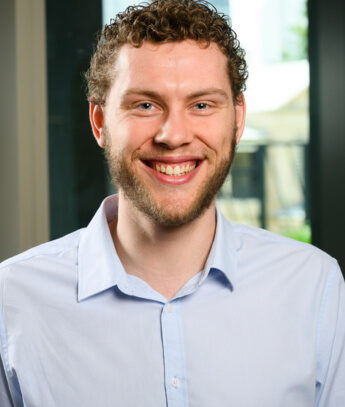
Jack Powers
Queensland University
Jack’s project is about prioritizing patients for elective surgery (an important 1000minds application since 2004). In the context of Queensland’s health system, he will develop a prioritization system that supports clinicians’ decision-making.
2022
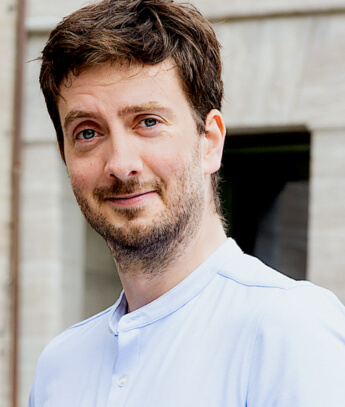
Paul Schneider
University of Sheffield
Paul’s project is a head-to-head comparison of 1000minds’ PAPRIKA method and the “Online elicitation of Personal Utility Functions” (OPUF) method that he co-developed. OPUF and PAPRIKA are used for valuing people’s Health-Related Quality of Life.
2022